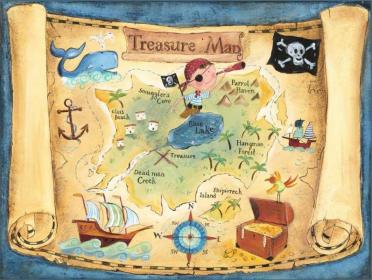How I Saved $14,000 in One Day On Vacation
 Wednesday, August 7, 2013 at 7:36AM
Wednesday, August 7, 2013 at 7:36AM  Post a Comment
Post a Comment How did this Money Coach save $14,000 in one day while on vacation? Sound like a miracle? Well, it sorta was. My husband, Dave and I were on vacation in sunny Escondido at the Lawrence Welk Resort - yes, you heard that right. Lawrence Welk of 60s TV & bubble fame has built a money making resort about 40 minutes north of San Diego. Why did we drive 7 hours to stay there? Because it's child friendly and our grandchildren are joining us so that we can make good on our Christmas present to them - a trip to the San Diego Zoo.
of San Diego. Why did we drive 7 hours to stay there? Because it's child friendly and our grandchildren are joining us so that we can make good on our Christmas present to them - a trip to the San Diego Zoo.
But, let me get back to the big money we saved today. For two full day Zoo passes worth $88.00 we, in a moment of weakness, insanity, fill in the blank, decided it was worth it to attend a - you guessed it -a 90 minute TimeSHARE Presentation. Three hours later, though a bit financially stressed, we walked out as rich as when we met our lovely saleswoman Lynne, a therapist soul-sister, who did everything in her sweet power to convince us that it was "nothing" to add to our 2 timeshares, or trade them in on the NEW even better development of the Lawrence Welk resort - all for only $14,000.
By the time we'd been there nearly 3 hours, we almost caved - we were wearing out and wearing down and the last deal, the smallest deal, the best trading deal was starting to sound good. (Our math also showed us that the 3 hours we'd sat patiently while Lynne very sweetly described all the glories of ownership was worth between $600.00 - 800.00 of our time by our hourly rates - somehow this helped direct us back to sanity.) As we began to weaken we thought if we just signed the deal we'd get out of there. Dave and I had a private conference and did the figures again and in our regained frugal sanity realized we can do a lot with the $14,000 it would have cost for a week a year timeshare - we can remodel our bathroom, we can upgrade to a larger unit when we go to Mexico and we go every year (of course we already have a TimeShare - doesn't everyone?)
As Dave and I escaped from the Time Share building, we laughed in relief - we'd just saved $14,000 and we got those $88.00 Zoo Tickets. Here are quick rules on how to keep your money in your pocket if you attend one of these presentations: Smile, nod, be polite, firmly grip your partners hand and give each other the NO, don't you dare say yes grip as needed, keep smiling and as they present their last option, say please give us a couple minutes and then a sweet, clear and firm NO when the sales person returns. Yes there is disappointment - I hate to say no to a sales person - but your money will be in tact. Enjoy!!
 Lynn Telford-Sahl tagged
Lynn Telford-Sahl tagged  couple counseling - financial help,
couple counseling - financial help,  family financial counselor,
family financial counselor,  financial counseling,
financial counseling,  financial stress,
financial stress,  money coach,
money coach,  money stress,
money stress,  relationship with money,
relationship with money,  timeshare help,
timeshare help,  women in business
women in business



















